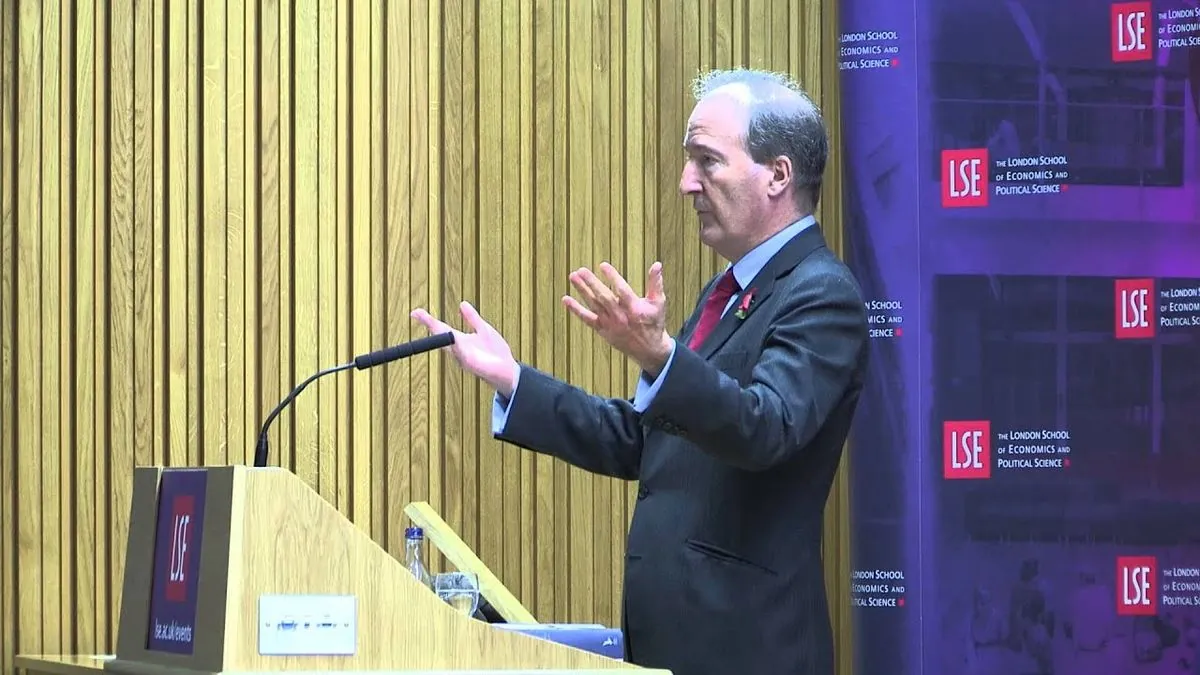90-Year-Old Denied Access to Halifax Savings Due to Outdated ID
A 90-year-old pensioner was initially refused access to his Halifax savings account due to outdated identification documents. The bank later admitted its error and resolved the issue.

In a recent incident highlighting the challenges faced by elderly banking customers, a 90-year-old pensioner encountered difficulties accessing his savings account at Halifax, one of the UK's "Big Four" clearing banks. The situation underscores the delicate balance between security measures and customer service in the financial sector.
David Drew, a retired shipping and cruise line worker with 48 years of professional experience, found himself in a distressing situation when he attempted to access his savings account at his local Halifax branch. The bank, founded in 1853 and known for its range of financial services, initially refused Mr. Drew access due to his lack of a valid passport or driver's license.
This refusal posed a significant problem for Mr. Drew, who feared he would be unable to pay his £5,600 monthly care home fees in Southampton, Hampshire. The pensioner expressed his frustration, stating, "It's security gone mad. I feel like I'm being treated like a criminal when I haven't done anything wrong."

Mr. Drew's experience highlights the potential drawbacks of stringent security measures implemented by banks to combat financial fraud. While Halifax has been recognized for its efforts in customer protection, including the introduction of various digital banking technologies, this incident demonstrates the need for more flexible approaches when dealing with elderly customers.
The situation was exacerbated when Mr. Drew, accompanied by a carer, was unable to speak with a manager at the branch. Despite assurances of a callback, he did not receive a response for nearly two weeks, adding to his stress and disappointment.
"I'd have liked them to be a bit more understanding and to help me. I offered them the opportunity to phone the care home to get my identification verified but they just didn't seem interested."
It's worth noting that Halifax, which became a public limited company in 1997 and later merged with Bank of Scotland in 2001 to form HBOS, has faced criticism in recent years for branch closures. This incident may raise questions about the impact of such closures on customer service, particularly for elderly clients who may prefer in-person banking.
Following media inquiry, Halifax acknowledged its error in handling Mr. Drew's case. A spokesperson stated, "We're sorry we didn't get this right when he first contacted us and will be making a payment in recognition of this." The bank has since transferred Mr. Drew's savings to his current account and agreed to provide compensation.
This resolution aligns with Halifax's history of customer service improvements and product innovations, for which it has won several awards. However, the incident serves as a reminder of the ongoing challenges in balancing security measures with customer needs, especially for vulnerable populations.
As banks continue to evolve their services, including the implementation of mobile apps and online banking platforms, it's crucial to ensure that all customers, regardless of age or technological proficiency, can access their funds securely and conveniently. This case may prompt Halifax and other financial institutions to review their policies and training procedures to better accommodate the diverse needs of their customer base.


































